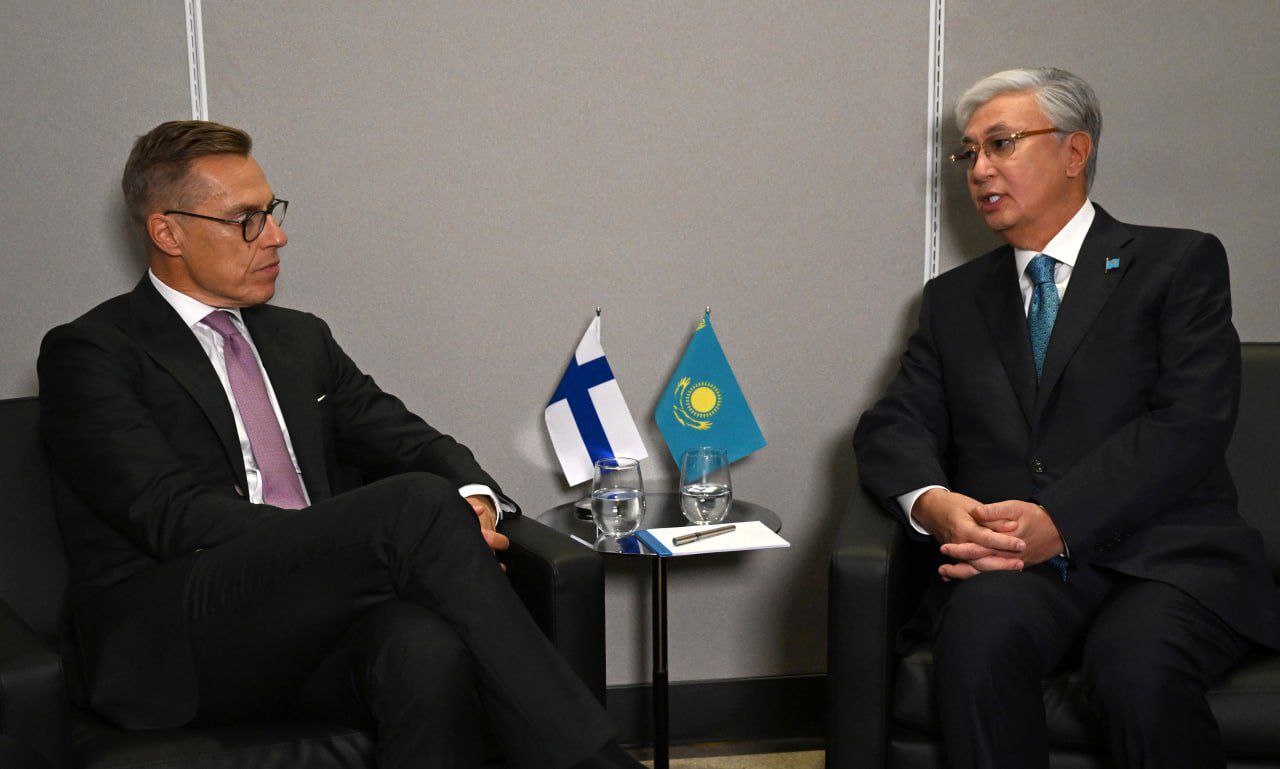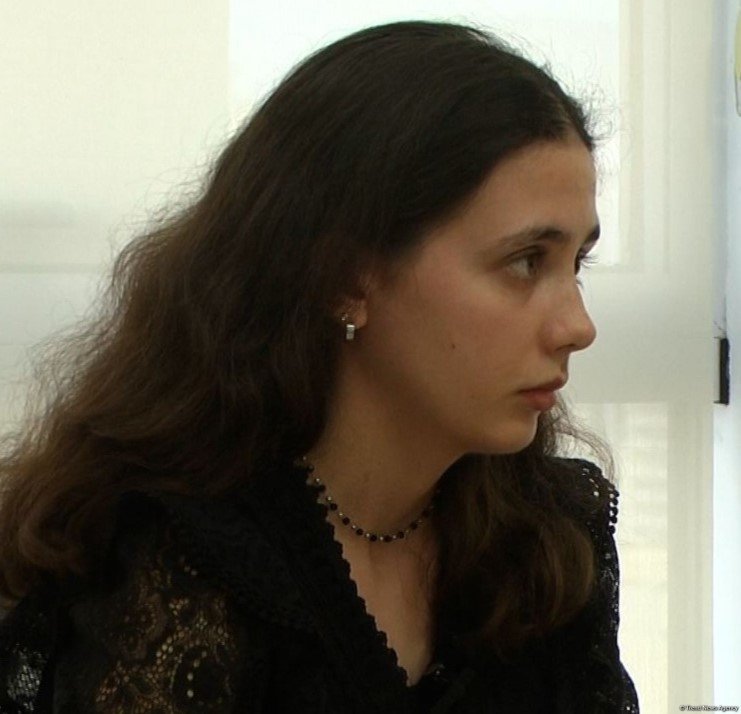BAKU, Azerbaijan, October 27. Finland and the Central Asian countries are taking an important step in strengthening bilateral relations: Finnish President Alexander Stubb will visit Kazakhstan on October 28–29 at the invitation of President Kassym-Jomart Tokayev, and will then travel to Uzbekistan on October 30–31. These visits underscore Finland’s growing interest in Central Asia, a region where Helsinki seeks not only to strengthen economic ties but also to expand its presence within the framework of EU policy.
Despite significant geographical distance and differences in economic focus, Finland is oriented toward renewable energy and innovation, while Kazakhstan’s economy largely relies on the oil and gas sector; the two sides are aiming to build a mutually complementary partnership.
Diplomatic relations between the countries were established in 1992, shortly after Finland recognized Kazakhstan’s independence. Today, cooperation is coordinated through the Intergovernmental Commission on Trade and Economic Cooperation.
The Finnish Embassy has highlighted that there are numerous areas of cooperation with Kazakhstan with significant potential, including green technologies, mining, energy, logistics and transport, education, and digitalization.
During a meeting with Kazakhstan’s Vice Minister of Energy Alibek Zhamauov in May 2025, Finnish Foreign Minister Ville Skinnari expressed Finland’s readiness to share experience in green technologies, smart energy systems, and energy efficiency—areas that are important for Kazakhstan, including achieving carbon neutrality by 2060.
Additionally, Finland has unique expertise in water management, waste processing, and forestry. Finnish innovations can become part of Kazakhstan’s green transition strategy, promoting technology transfer and enhancing the resilience of the national economy.
Transport and logistics remain key areas of cooperation. Finland aims to establish a sustainable route for freight transportation from China to Europe, with the Middle Corridor potentially playing an important role in this strategy. Finnish company Nurminen Logistics has launched the first train along the Middle Corridor. In April 2025, a Finnish delegation visited the Kuryk port to discuss the development of maritime transport and infrastructure modernization. According to the embassy, investments in the Middle Corridor benefit not only Kazakhstan but also Finland, including Finnish companies.
Finland is also interested in industrial and mining projects in Kazakhstan, particularly in engineering and woodworking. Finnish investments in Kazakhstan’s manufacturing sector contribute to job creation and economic diversification, reducing dependence on raw material exports.
Education is another important area of cooperation. Kazakhstan seeks to leverage Finland’s educational system, recognized as one of the most effective in the world. Opportunities are being explored for opening branches of Finnish universities to train highly qualified specialists. A successful example already exists in the region—in Uzbekistan, where the International Nordic University, built on the Finnish educational model, operates, specializing in engineering and IT disciplines.
At the political level, Kazakhstan and Finland maintain a stable dialogue, including within the OSCE and other international organizations. At the COP29 meeting in November 2024, Presidents Tokayev and Stubb confirmed their readiness to further develop cooperation in trade, economic, and humanitarian areas. They highlighted successful examples of collaboration in industrial engineering, pharmaceuticals, and engineering, and expressed the intention to carry out reciprocal visits to strengthen political and economic partnerships.
Uzbekistan, in turn, views Finland as a model of sustainable development and technological leadership. In Tashkent, Finnish expertise in governance, ecology, and digitalization is actively studied. Finnish companies are interested in the Uzbek market, particularly in construction, energy, and electrical engineering production.
Thus, Alexander Stubb’s visits to Astana and Tashkent demonstrate Finland’s comprehensive approach to the region, where it is building relations with multiple key countries simultaneously.
For Finland, developing cooperation with Kazakhstan and Uzbekistan holds not only economic but also strategic significance. Central Asia is becoming a platform where Finland promotes its technological solutions and green standards, while the countries of the region gain access to innovation and sustainable investments. Joint projects in energy, transport, and education are shaping a new architecture of interaction between the North and Central Asia, reflecting a trend toward deepening complementarity and strengthening interregional ties.







